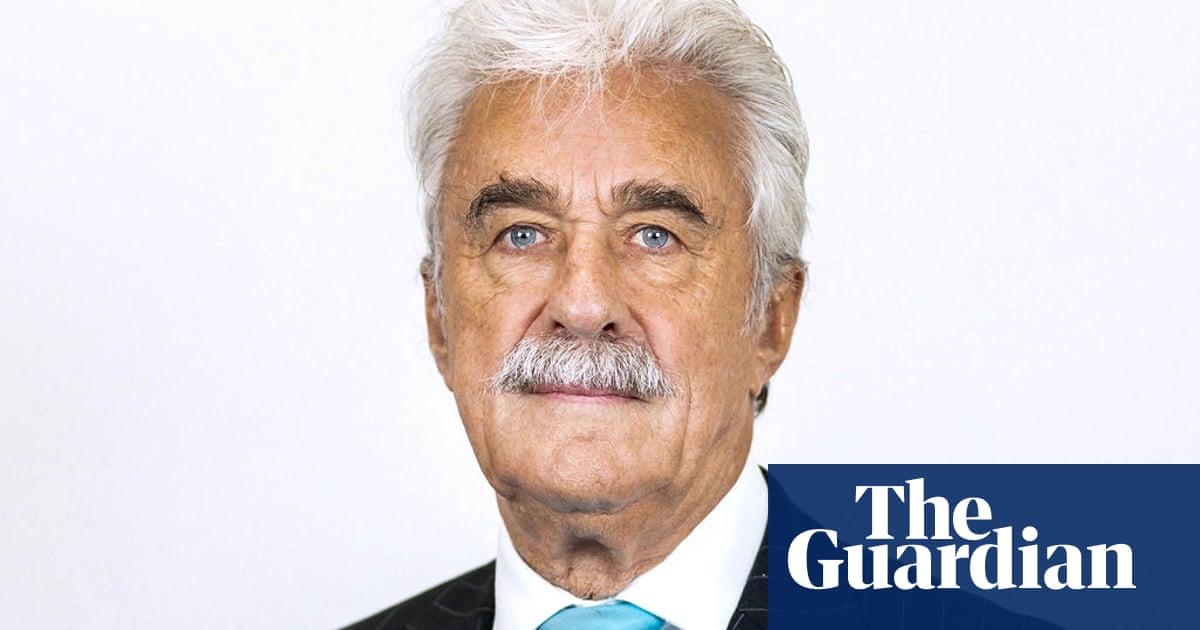Stay informed with free updates
Simply sign up to the UK energy myFT Digest — delivered directly to your inbox.
UK household energy bills are set to fall in the summer after energy regulator Ofgem said it would lower the price cap by 7 per cent following falling wholesale energy prices.
Ofgem has set the cap for the July to September period at a level that will see typical households pay £1,568 a year, compared with the current £1,690 a year.
It means average bills will have fallen 21 per cent since July 2023, helping efforts to fight inflation. But they remain higher than before the energy crisis began, when the cap was typically below £1,100.
A surge in wholesale gas and electricity costs in late 2021 and 2022, spurred by Russia’s full-scale invasion of Ukraine in February 2022, sparked a cost of living crisis and soaring inflation. The UK government subsidised energy bills in response.
While that crisis has now eased and blanket government support has ended, campaigners have warned that millions of households are still struggling to pay their energy bills.
Cornwall Insight, the consultancy, said it expected the price cap to rise again in October, to £1,762 for a typical household. The price cap limits the unit costs that households pay, meaning actual annual bills can be higher or lower depending on usage.
“The fall in the energy price cap reduces bills slightly, but our data tells us millions have fallen into the red or are unable to cover their essential costs every month,” said Dame Clare Moriarty, chief executive of Citizens Advice.
“People cannot rely on lower energy prices alone to escape the financial issues they’ve been experiencing,” she added.
National Energy Action, a fuel poverty charity, said that after July 5.6mn households would remain in fuel poverty, which it defines as spending 10 per cent or more of income on keeping the home warm.
“Every fall in the price cap is good news,” said Adam Scorer, the NEA’s chief executive. “But for our clients, and for millions of households in fuel poverty, there remains a huge gap between current prices and affordable energy bills.”
With Britain now in a general election campaign ahead of polling day on July 4, energy is set to become a major dividing line between the two main parties. Both support the target of reaching net zero carbon emissions by 2050 but Prime Minister Rishi Sunak’s ruling Conservatives last year reined back some green policies to alleviate consumer costs.
Labour plans to set up a new state-owned green energy company called Great British Energy and hopes to achieve zero-carbon electricity by 2030. Producing more domestic renewable energy would lessen Britain’s dependence on expensive imported fossil fuels, Sir Keir Starmer’s party claims.
But the Tories say Labour’s relative enthusiasm for low carbon targets will impose extra burdens on consumers and households — a claim Starmer’s party denies.

Robert Johnson is a UK-based business writer specializing in finance and entrepreneurship. With an eye for market trends and a keen interest in the corporate world, he offers readers valuable insights into business developments.








